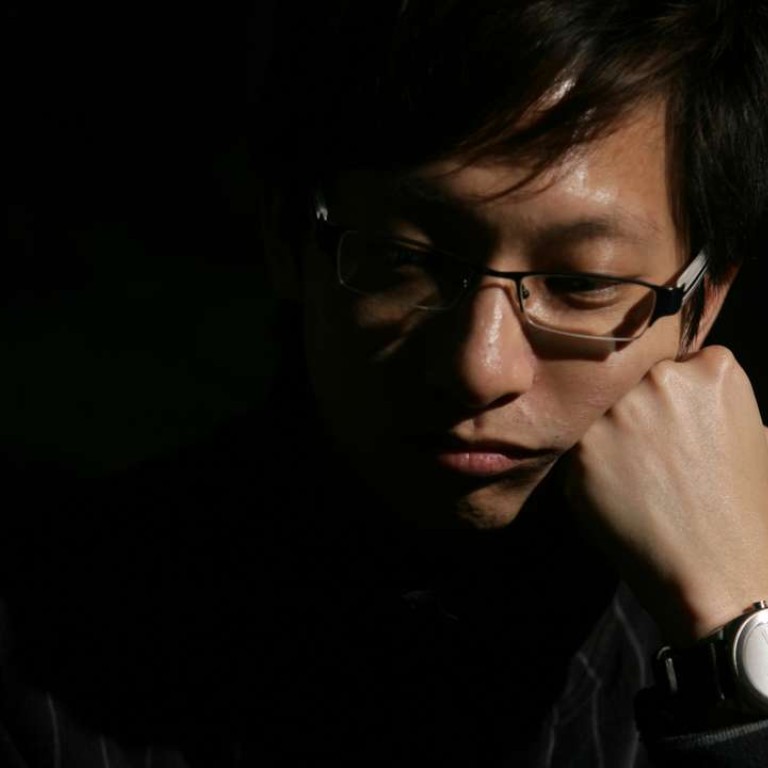
Sex talk: gender expert on why Hongkongers are getting fewer intimate moments
Sex Education Association’s latest survey suggests just 30 per cent of Hongkongers are satisfied with our bedroom experiences – and long working hours may be at fault
A lifelong Hongkonger, Cho came out as gay to his mother in his early teens. He spoke to City Weekend about the city’s sexual taboos, sexual frustrations and the urgent need for better sex education in Hong Kong.
Why do you think so few Hongkongers are satisfied with their sex lives?
It clearly has to do with the long working hours. Last year (financial services company) UBS released a report on working hours and Hong Kong was on top. It not only deprives people of quality time for sex, it drains people’s mental and physical energy.
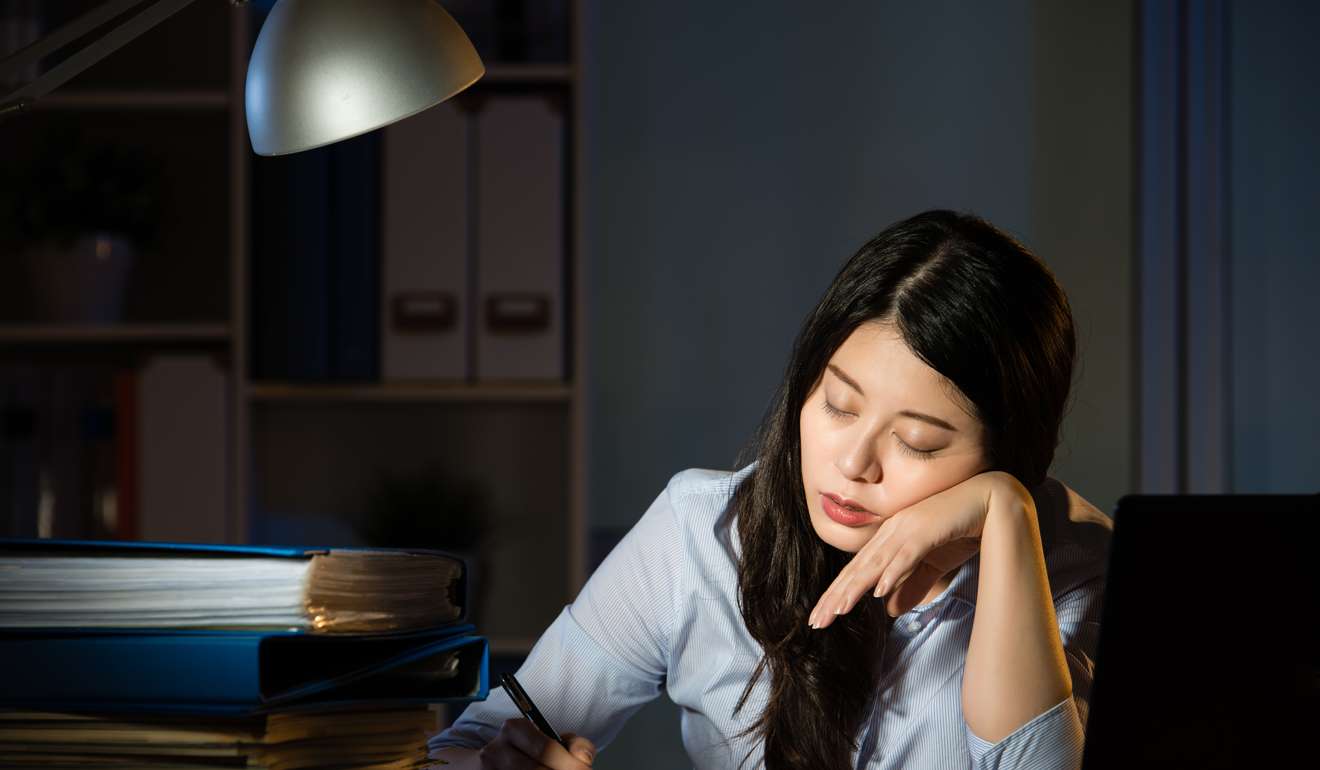
What do you think can be done to improve this situation?
Legislators should seriously consider putting a cap on working hours so that workers can strike a balance between work and life.
And I would say like sport, quality sex needs time to practice it. If workers are exhausted at the end of the day, they cannot enjoy sex.
I encourage couples to take sex seriously. They could share with their partners their sexual fantasies. They could even set aside a day to have sex, like having a hot bath together, watching a porn video or just lying on a bed together.
Quality sex, like sport, needs time to practice. If workers are exhausted at the end of the day, they cannot enjoy sex
We have to learn how to share our sexual needs with our partners without blaming them or making it seem like an obligation you are imposing on them. We need to be more creative.
You’ve suggested men may have higher demands when it comes to sex, after more men than women expressed dissatisfaction in your recent poll. Could you please elaborate on why you think this?
In our recent survey, more men reported being dissatisfied than women. I think because they are taught to be sexually assertive and active, but on the other hand their masculinity is assessed on how well they perform in sex. That is why I think they may have higher expectations of sex.
Hong Kong remains a relatively conservative culture. how do you think people tend to view sex outside of marriage and do you think this is restricting Hongkongers’ ability to express their sexuality?
Hong Kong culture, as with many other Chinese societies, does not allow people to frankly speak and talk about sex. One of the problems with couples who don’t have sexual satisfaction is that they feel embarrassed to talk about sex. They might not be feeling confident to invite their partner to share their sexual fantasy and they don’t take sex seriously.
The marriage pressure for women is higher than men. Women have to get married by a certain age otherwise they will be considered leftover women. In society men are given more space and resources to explore their sexuality. They are allowed more control to explore sex, while women are taught to be sexually passive and hold back. If they are recognised as having lots of sex outside marriage they will be called a slut. So women prefer to have sex within a relationship.
Meanwhile, how a man performs in sex is associated with his masculinity. That’s part of why increasing numbers of men are seeking help for erectile dysfunction. So there is pressure on men too.
Did you speak to LGBT people as part of your recent poll? If so, what did they say?
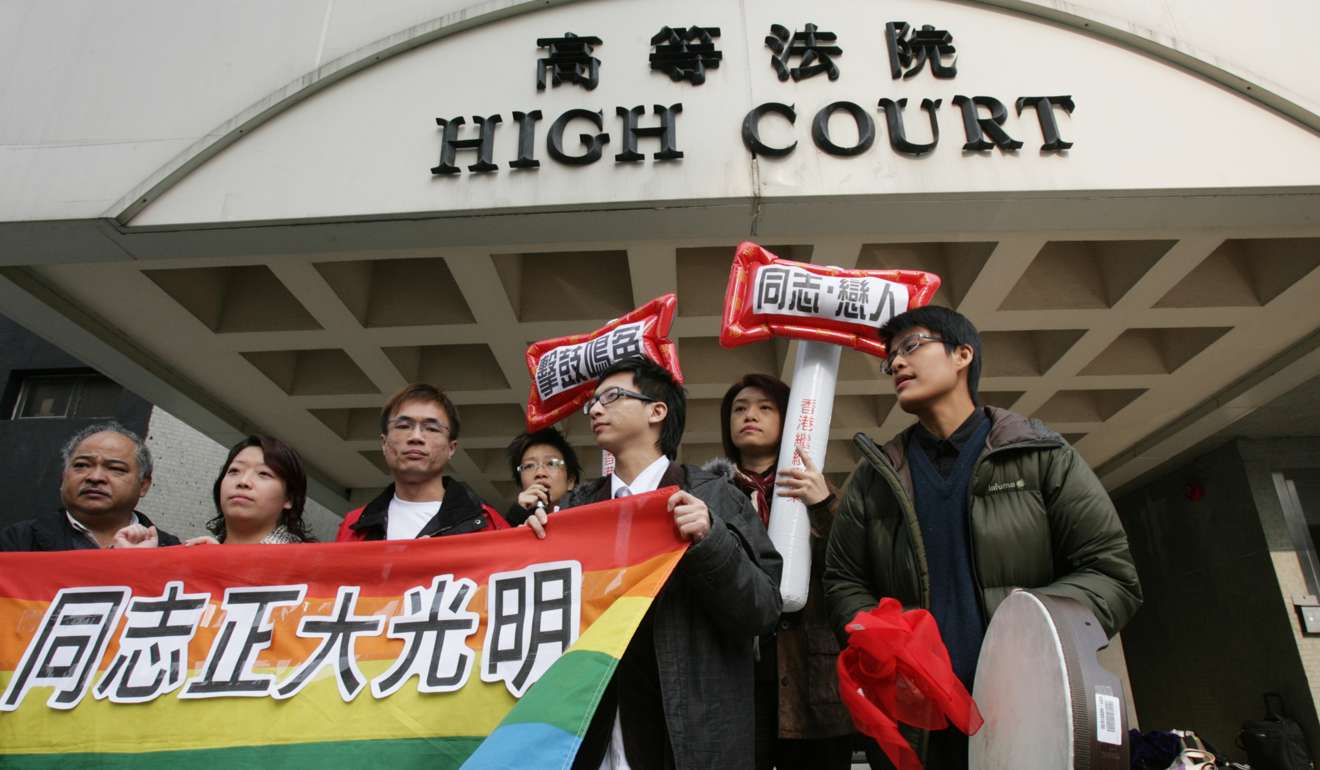
But LGBT people are also more frank and open-minded about sex. In this sense, straight people have to learn from LGBT people.
Localist campaigner Yau Wai-ching famously sparked outrage last year because she claimed Hong Kong’s housing crisis meant young people have nowhere to have sex. Why do you think this was controversial? Do you think there would have been the same reaction to a male politician?
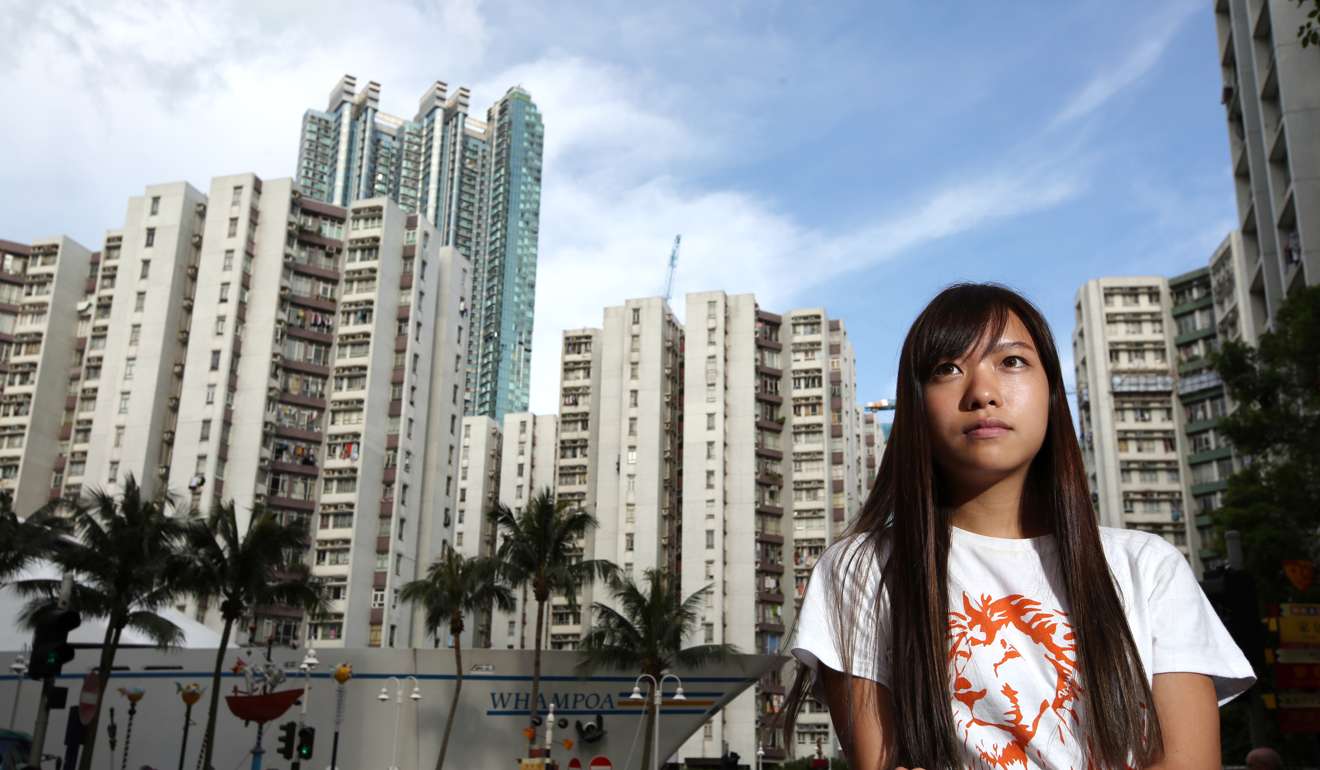
I thought she had a good point. Our previous surveys suggest that most people agree lack of space is one of the factors that does adversely affect their sex lives.
How young should we start sex education in schools here and how should we approach it?
We should start it at a very young age – as young as zero from parents before a child starts school – so they can develop confidence in their body, so they can know what gender and sex means. We need comprehensive sex education in Hong Kong. The one we have has been criticised for being sex negative. It only tells the younger generation that sex is highly dangerous. Sex does have its own risks but what is equally true is that sex can bring out joy, excitement, pleasure and even confidence. These elements have been ignored in sex education here.
NGOs are still asking the government to update the curriculum, which hasn’t been updated since 1997. It is so outdated. A positive, frank, comprehensive education should be one that is suitable for diverse needs and diverse sexualities and genders.
In mixed gender schools, I would teach that with boys and girls in the same classroom.
How should parents approach conversations with children about sex?
I would recommend parents to reflect on their own sexual knowledge, aptitude and experience before giving sex education to their children.
They often don’t have the right knowledge or aptitude. If they feel embarrassed about sex, they will deliver a message to their children that sex is embarrassing. I would highly recommend that parents join courses of the Family Planning Association (FPA) first. If they are too busy, the FPA has also published some very good books on the subject.
If [parents] feel embarrassed about sex, they will deliver a message to their children that sex is embarrassing
If a parent suspects their child might be LGBT, they should approach this with great care and love. They should update their knowledge on LGBT too. They might associate it with having done something wrong in their parenting, but that’s not what modern science tells us. They might need to acknowledge that if their child is LGBT, they might feel sad or angry, and they have to learn to embrace their own negative unpleasant feelings. Otherwise it will ruin the conversation with their children. You have to speak to your children in a safe and caring environment.
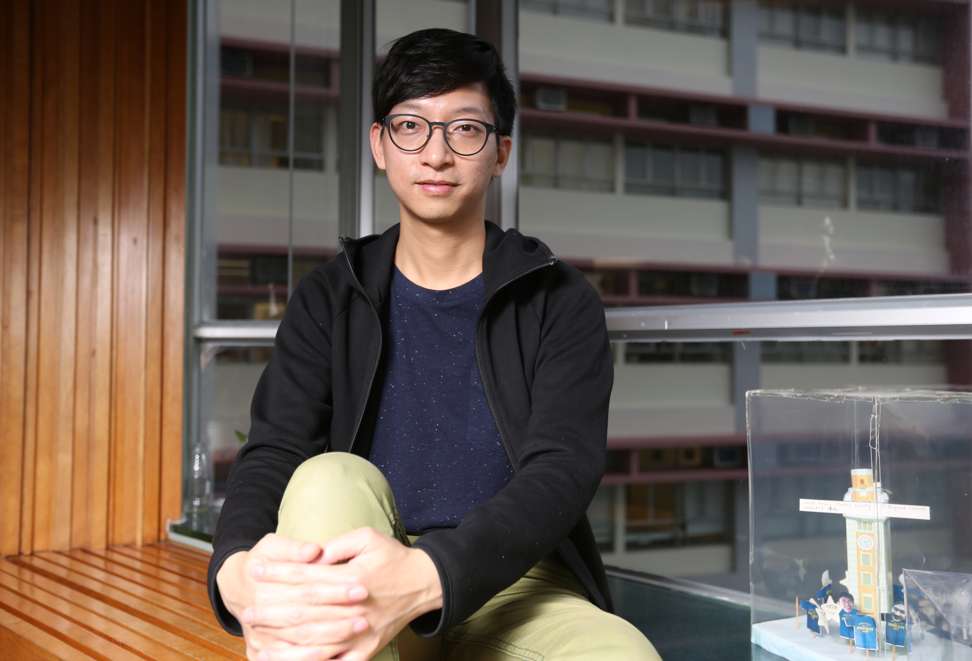
You’ve described sex as like sport. why would you characterise it in this way?
When we consider sex as sport, we will take it more seriously. As with other sport games, it requires practice and quality time. We will get ourselves equipped with knowledge of how to protect ourselves. But it is more of a hobby than a competition. If we are competing with others about how well we can have sex, we might become more anxious about our sexual performance.
How could the media in Hong Kong improve the way sex is perceived here?
The mainstream media acts like a moral adjudicator. The tabloids particularly focus on sex scandals. They discipline people and ask people to conform to sexual norms. In this sense they are very conservative. So if you ask me how they can improve, perhaps it’s time for the mainstream media to think about stopping reproducing sexual norms.
The negativity of sex sells; people are preoccupied with who is sleeping with who, and who is pregnant. It is all based around marriage. It does not appreciate the diversity of sexual relations.
QUIRKY QUESTIONS
Which famous Hongkonger did you first have a crush on and why?
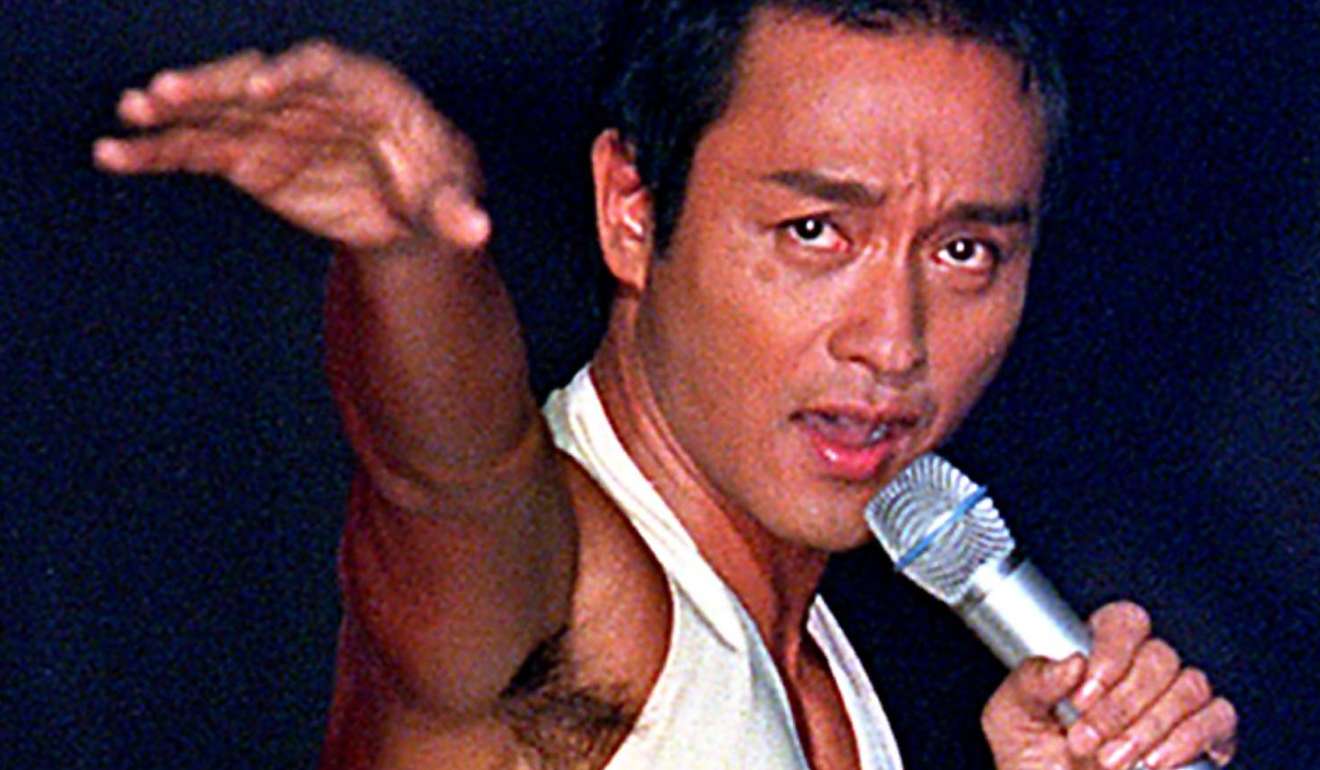
What’s the most embarrassing thing that’s ever happened to you on a date?
When I was 19 or 20 years old, I was dating this guy, and we had just had sex at home. I thought my mum would return back late at night, but suddenly she returned. So we jumped off the bed, put on our clothes and went to the kitchen as though I was cooking. But my mum took one look at me and knew what had happened. I kindly asked if she wanted to have dinner with us but she angrily replied “No”. She later told me she was angry because it was not wise to have sex after knowing someone for one or two months. So I asked her to trust me and she did later on. I’d already come out to her as gay at 13 or 14. Nowadays, she’s supportive and it’s not a problem.
Describe your perfect date in Hong Kong.

If you could pursue any other job, what would you do and why?
I would be a therapist or a counsellor. I find I have some talent in offering help to people who are in need. If I could choose my job again, then that’s what I’d do. I would like to work with people on issues of intimacy. I’ve never had any training but I’ve read a lot of books on these issues. I’ve also been practising meditation for a number of years, although I’m not a Buddhist.

